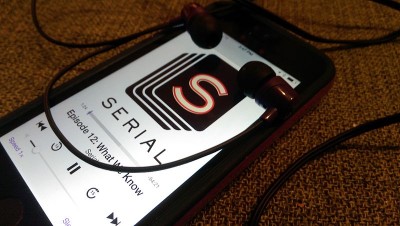'Serial' subject should get new murder trial because of ineffective assistance, appeals court says

Photo by Casey Fiesler/Flickr.com.
A Maryland appeals court has ruled that Adnan Syed received ineffective assistance from a lawyer who didn’t contact an alibi witness in his trial for the January 1999 murder of a high school classmate he once dated.
The Maryland Court of Special Appeals ruled 2-1 that Syed, whose case was chronicled on the Serial podcast’s first season, is entitled to a new trial on all charges, report the New York Times, Courthouse News Service and the Baltimore Sun. How Appealing links to additional coverage and Thursday’s opinion.
Syed had been convicted in 2000 on charges of murder, kidnapping, robbery and false imprisonment in the death of Hae Min Lee.
Last July, a Baltimore judge had granted Syed a new trial, but the appeals court stayed the ruling to allow for an appeal. The lower court judge had ruled that Syed’s lawyer was ineffective because she failed to cross-examine a former AT&T engineer about the reliability of cellphone data used to place Syed at the scene where Lee’s body had been buried in 1999.
But the appeals court said Syed had waived the claim regarding the reliability of the cellphone data because that particular ground wasn’t raised when he first alleged ineffective assistance in prior proceedings.
Instead, the appeals court pointed to the defense lawyer’s failure to contact an alibi witness who said she saw Syed at the library around the same time Lee was murdered. Syed had previously dated Lee, but they kept it a secret because of cultural differences.
A dissenting judge said Syed’s lawyer, who has since died, may have had good reason not to pursue the alibi defense.
Prosecutors are considering whether to appeal the case to the state’s highest court.



